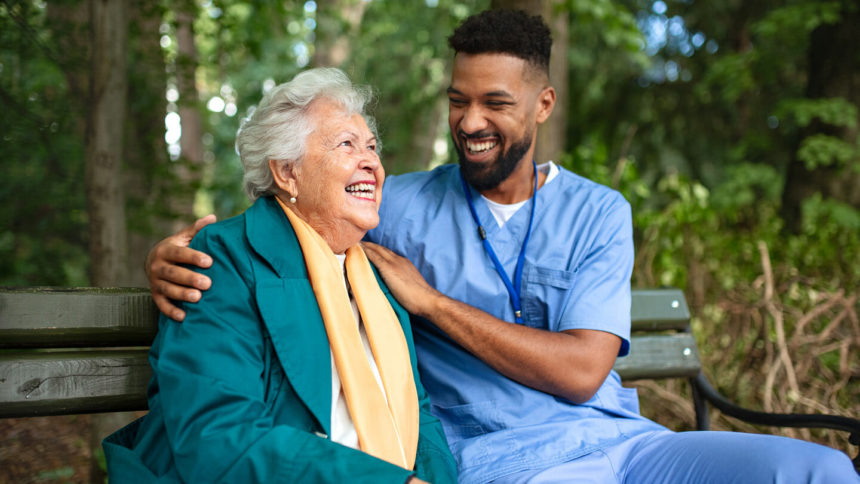
Positive life lessons can help seniors better deal with loneliness, a study that focused on independent living residents has found.
Despite living in a setting that promotes socializing, 85% of the adult participants, ages 65 to 92, were found to have moderate to severe loneliness. What’s more, they described loneliness in “stark negative terms,” said geriatric neuropsychiatrist Dilip V. Jeste, M.D., who led the study. Many linked these feelings to aging-associated losses such as the death of family members, lack of social skills, and lack of life purpose.
Yet many interviewees said positive personal qualities and actions helped them prevent or cope with these feelings. These included acceptance of aging, compassion for others and a proactive search for companionship, some of which are qualities associated with wisdom, said Jeste, from the University of California, San Diego School of Medicine.
“Loneliness is subjective,” he explained. “Different people feel lonely for different reasons despite having opportunities and resources for socialization. This is not a one-size-fits-all topic.” The study’s results suggest that “wisdom-enhancing interventions” could play a role in preventing loneliness in older populations, he added.
“Promoting wisdom may enhance the quality of social relationships through compassion and emotional regulation with positivity, and offer a unique solution to loneliness,” Jeste theorized. Supporting behavior that’s associated with wisdom could compliment external interventions such as support groups and facilitating social interactions through technology and social media, he concluded.
Loneliness is a growing public health concern that rivals smoking and obesity in its impact on shortened longevity, wrote the researchers. In psychology, wisdom is defined as a personality trait that includes emotional regulation with positivity, empathy and compassion, self-reflection, decisiveness amid uncertainty, and spirituality.
Jeste and colleagues are currently studying physical, mental, and cognitive function in more than 100 older adults living in the independent living sector of a senior housing community in San Diego County. McKnight’s has previously reported on Jeste’s research regarding the search for life’s meaning and its effect on older adult health.
The study was published online Jan. 10 in the journal Aging & Mental Health.




